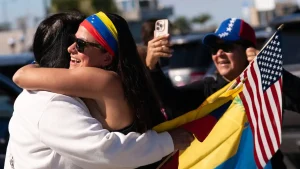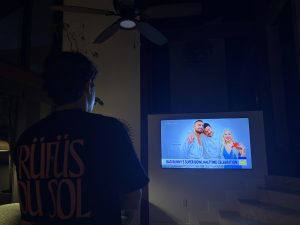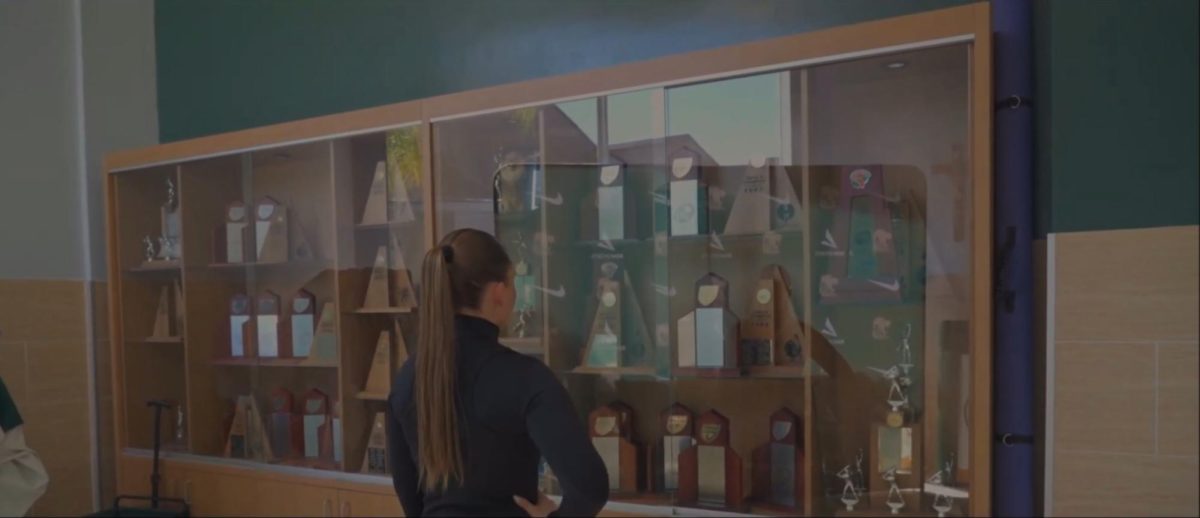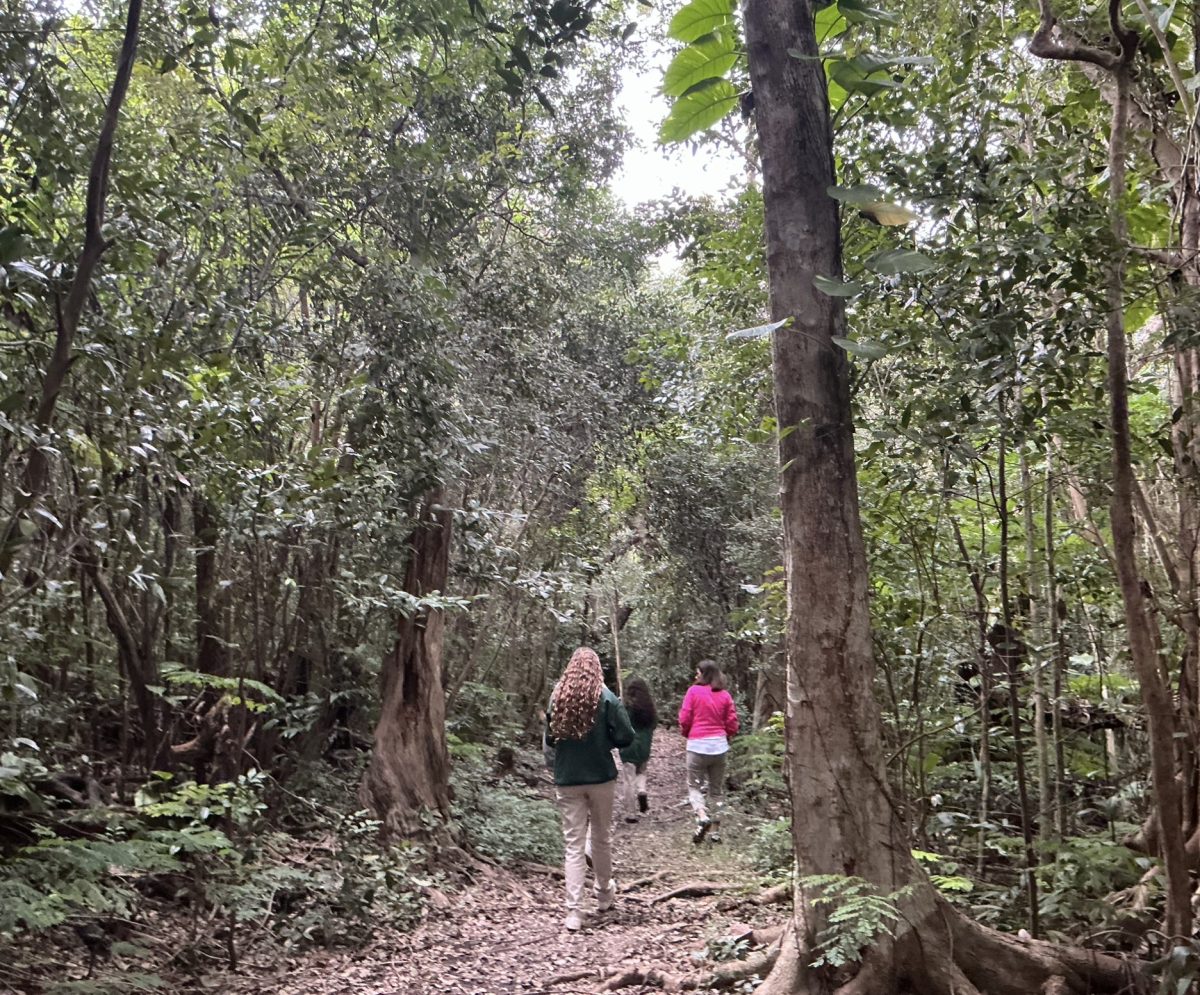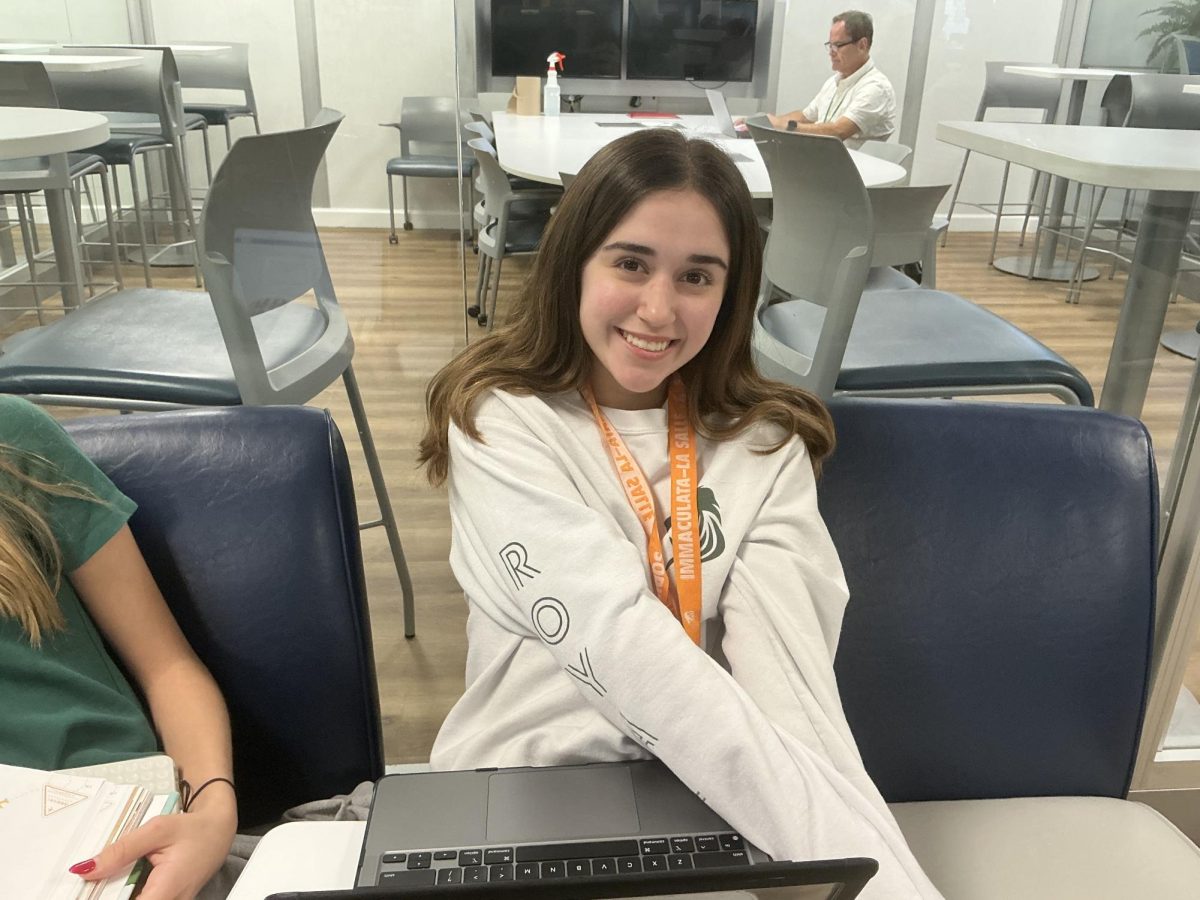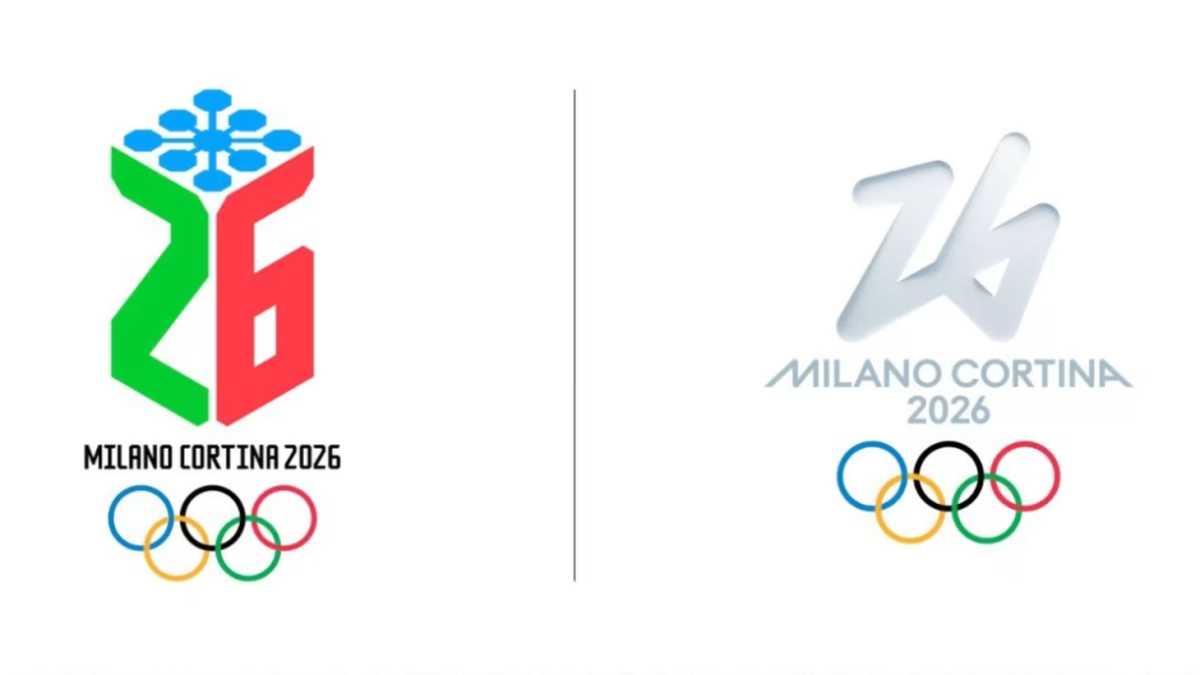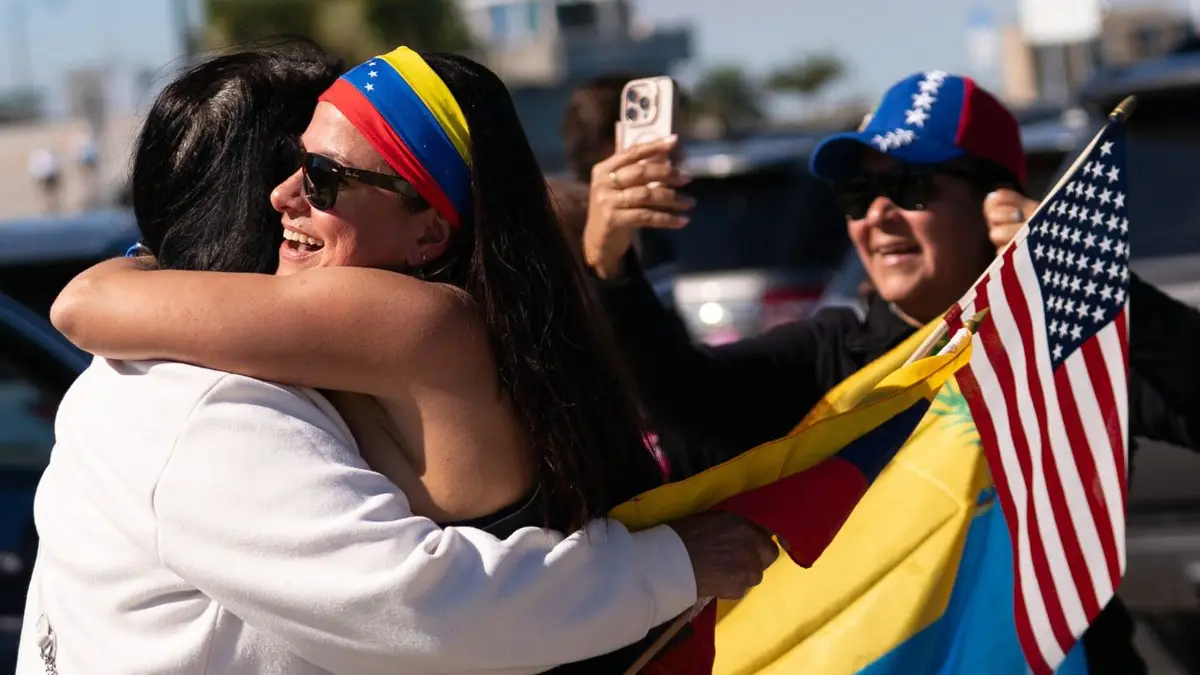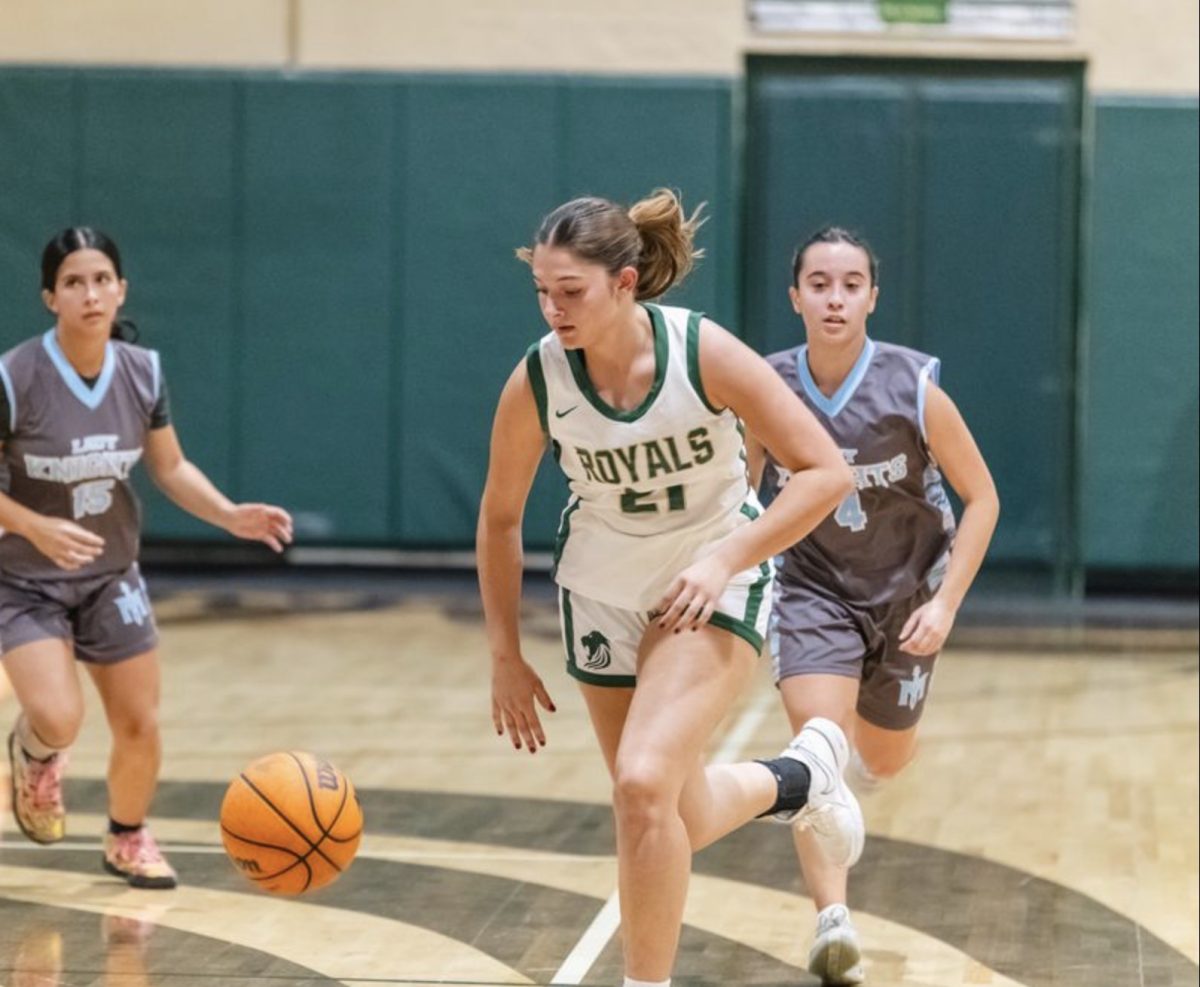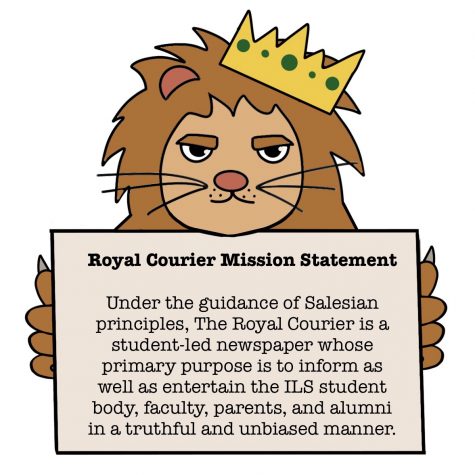Indigenous Peoples’ Day is the New Columbus Day
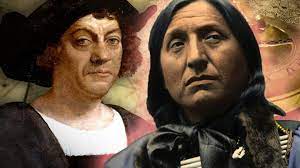
Christopher Columbus and Native American Indian.
October 21, 2021
There has been a lot of controversy surrounding the events of Columbus Day as of late that could use some explaining. Columbus Day is a U.S. holiday that commemorates the landing of Christopher Columbus in the Americas in 1492.
For many, the holiday is a way of honoring both Columbus’ achievements and celebrating Italian-American heritage. Columbus intended to chart a western sea route to China, India and the fabled gold and spice islands of Asia. Instead, on October 12, 1492, he landed in the Bahamas, becoming the first European to explore the Americas since the Vikings. Later that October, Columbus sighted Cuba and believed it was mainland China; in December the expedition found Hispaniola, which he thought might be Japan. There, he established Spain’s first colony in the Americas with 39 of his men. In March 1493, Columbus returned to Spain in triumph, bearing gold, spices and “Indian” captives. The explorer crossed the Atlantic several more times before his death in 1506.It wasn’t until his third journey that Columbus finally realized he hadn’t reached Asia but instead had stumbled upon a continent previously unknown to Europeans.
Although I don’t condone the millions being murdered or the slaves, Columbus created a new America and colonized there.
Controversy over Columbus Day dates back to the 19th century, when anti-immigrant groups in the United States rejected the holiday because of its association with Catholicism. In recent decades, Native Americans and other groups have protested the celebration of an event that resulted in the colonization of the Americas, the beginnings of the transatlantic slave trade, and the deaths of millions of natives and African-Americans from murder and disease.
At least seven Christopher Columbus statues have been destroyed in 2020 as part of the ongoing national reckoning with America’s history and relationship with racism.
An alternative to Columbus Day would be Indigenous People’s Day that is now celebrated in many U.S. states and cities. In many Latin American nations, the anniversary of Columbus’ landing has traditionally been observed as the Día de la Raza (“Day of the Race”), a celebration of Hispanic culture’s diverse roots. In 2002, Venezuela renamed the holiday Día de la Resistencia Indígena (“Day of Indigenous Resistance”) to recognize native peoples and their experiences.
As I am of Cuban-Nicaraguan descent, I do appreciate that there is a holiday to represent all of the native people and their cultures, and I believe that our school does a great job of representing and celebrating the different native American cultures.


